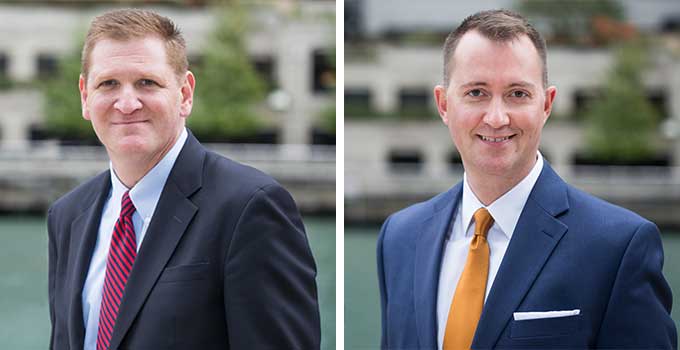While the public continues to scrutinize the world of football for its high concussion rates, one thing’s clear: the development of safer equipment is finally catching up to the modern era. But these new developments often neglect that helmets aren’t foolproof; no matter how much impact a helmet might absorb, the fact remains that helmets are mostly a false sense of security.
Now let’s take a closer look at cyclists. The perception that cycling is safe as long as you wear a helmet is a scenario similar to that of football players, perpetuating a false sense of security and ignoring the need to learn safe-riding skills; you wouldn’t give a driver’s license to a teenager simply because they know how to use a seat belt, so why should it be different for those riding bikes?
Controversy swirls around the debate over whether helmets actually benefit cyclists in the long run. In the 1990s when helmet usage began to increase in the U.S., the Consumer Product Safety Commission found that head injuries among cyclists increased by 51 percent, despite the fact that the total number of riders decreased. While it’s not clear what caused the spike, the statistics underline the idea that helmets, while beneficial, are not foolproof or even effective. More important is the need for cyclists to understand and put to practice the techniques of defensive riding.
As more people study the types of problems associated with helmet use, football seems to have found a way to address the issue by changing how the game is played. It’s notable that football coaches are beginning to take a page from the book of rugby and force their players to tackle opponents without making head contact, as if they had no helmets at all. Many speculate that it would change the game for the better, eliminating or at the very least minimizing severe head injuries by discouraging helmet-to-helmet contact.
The same type of techniques should theoretically apply to cyclists by prioritizing safe-riding skills instead of creating a dependency on helmets alone. The state legislature continues to pass bike helmet laws that, ironically, draw attention away from the need to teach safe-riding skills. If we’re serious about making the roads better, it starts with better education.





